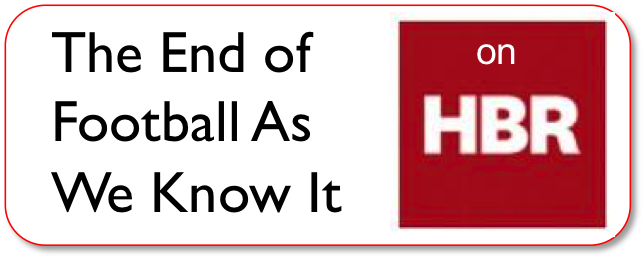 A little over a year ago, I had a conversation with the tibbr product manager about his use of the social platform he was guiding through a rapid series of improvements. I was very curious to know why I rarely saw his posts on the corporate social media site, considering his role. He said something I’ll never forget, “You don’t see my posts in public forums because I’m posting in private groups, where the real work gets done.”
A little over a year ago, I had a conversation with the tibbr product manager about his use of the social platform he was guiding through a rapid series of improvements. I was very curious to know why I rarely saw his posts on the corporate social media site, considering his role. He said something I’ll never forget, “You don’t see my posts in public forums because I’m posting in private groups, where the real work gets done.”
In that moment I realized something I should have seen long before…social media isn’t a new way to communicate. Social media is a digitally-enabled, searchable, metadata-rich and persisted method to do what we’ve always done, just more easily and with more value to the organization.
My perception of what I thought of as “Facebook for the enterprise” increased drastically. My thoughts on social media’s use cases expanded significantly beyond likes and shares on a public billboard. I saw why it was so much more coherent than email. I can get work done in public and private circles that make sense.
If you haven’t taken a serious look at how social media really benefits the enterprise, you should. You will be surprised.






 Solve for Interesting
Solve for Interesting Seth Godin Blog
Seth Godin Blog Jeremiah Owyang
Jeremiah Owyang IT Redux
IT Redux HBR Blog
HBR Blog Clay Shirky Blog
Clay Shirky Blog SocialMedia Today
SocialMedia Today Chris Dixon
Chris Dixon Brian Solis
Brian Solis Radar O'Reilly
Radar O'Reilly Chris Brogan
Chris Brogan The TIBCO Blog
The TIBCO Blog Venture Beat
Venture Beat Engadget
Engadget Wired
Wired Lifehacker
Lifehacker Mashable
Mashable The Verge
The Verge ARS Technica
ARS Technica GigaOM
GigaOM All Things D
All Things D TechCrunch
TechCrunch






I spent some time this week discussing the merits of electronic scrum boards with several different teams. A scrum board, in software development, lists all the work items prioritized for the current project/iteration. Traditionally these have been whiteboards and sticky notes. A work item (sticky note) moves across the board as it goes through various statuses, e.g. Not Started, In Progress, In Test, Complete.
The great thing about the physical board is that it forces collaboration as the team regularly stand around it and discuss the items and their position on the board. Electronic ‘boards’ have various advantages including being able to analyse the data, having a history of changes and conversations, they scale better and the data is safer.
However, in more than half the teams involved they had a problem with collaboration where it was electronic only. It’s not to say there was no collaboration it just didn’t have full coverage. In an area that works best when everyone is committed to collaborate this is not ideal. The teams that had successfully transitioned to an electronic only solution had really focused on the culture collaboration.
While I agree with the value of these tools they should not be overestimated in what they can do. If the team already collaborates well then this will support them and make them more productive. If they are not all committed to working like this then existing problems can end up amplified as people find new excuses not to communicate effectively. Email, of course, is just as bad!